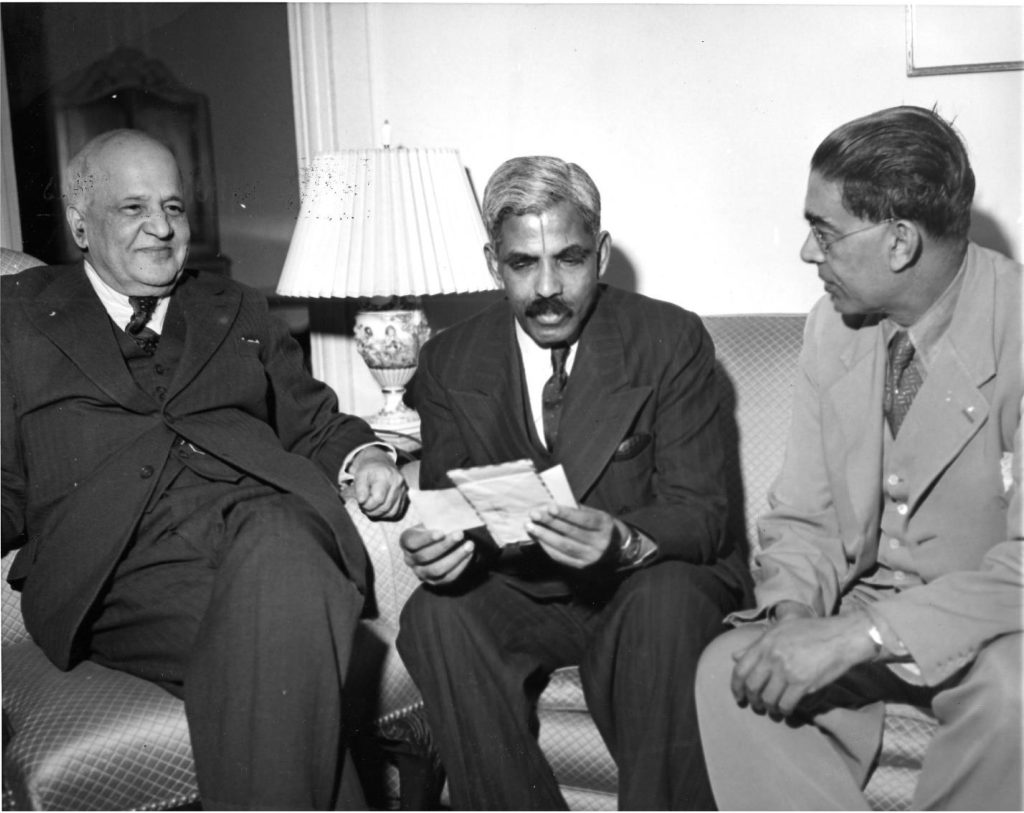
India’s deepening engagement with the United Nations is based on its steadfast commitment to multilateralism and dialogue as the key for achieving shared goals and addressing common challenges faced by the global community including those related to peace building and peacekeeping, sustainable development, poverty eradication, environment, climate change, terrorism, disarmament, human rights, health and pandemics, migration, cyber security, space and frontier technologies like Artificial Intelligence, comprehensive reform of the United Nations, including the reform of the Security Council, among others.
Independent India viewed its membership at the United Nations as an important guarantee for maintaining international peace and security. India stood at the forefront during the UN’s tumultuous years of struggle against colonialism and apartheid.
India was the co-sponsor of the landmark 1960 Declaration on UN on Granting of Independence to Colonial Countries and Peoples which proclaimed the need to unconditionally end colonialism in all its forms and manifestations. India was also elected the first chair of the Decolonization Committee (Committee of 24) where its ceaseless efforts to put an end to colonialism are well on record.
India was amongst the most outspoken critics of apartheid and racial discrimination in South Africa. In fact, India was the first country to raise this issue at the UN (in 1946) and played a leading role in the formation of a Sub-Committee against Apartheid set up by the General Assembly. When the Convention on Elimination of all forms of Racial Discrimination was adopted in 1965, India was among the earliest signatories.
India’s status as a founding member of the Non-Aligned Movement and the Group of 77 cemented its position within the UN system as a leading advocate of the concerns and aspirations of developing countries and the creation of a more equitable international economic and political order.
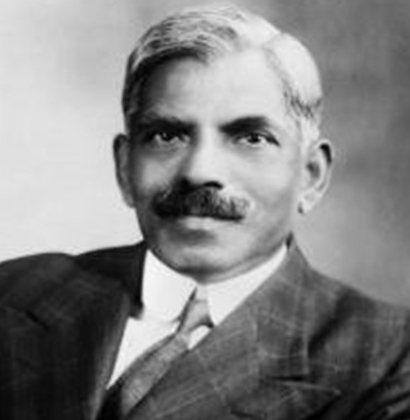
Mr. Arcot Ramasamy Mudaliar was India’s delegate to the San Francisco Conference leading to the creation of the United Nations. He also had distinction of serving as the first President of the United Nations Economic and Social Council (ECOSOC) in 1946.
Mrs. Hansa Mehta represented India on the Nuclear Sub-Committee on the status of women in 1946. As the Indian delegate on the UN Human Rights Commission in 1947–48, she was responsible for changing the language of the Universal Declaration of Human Rights from “all men are created equal” to “all human beings”, highlighting the need for gender equality.
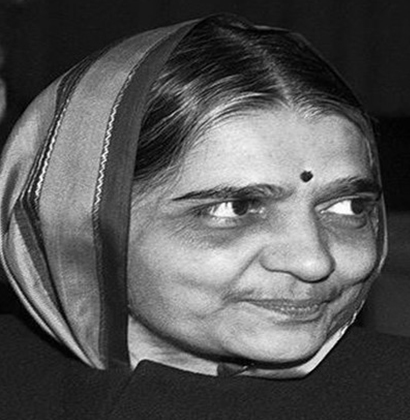
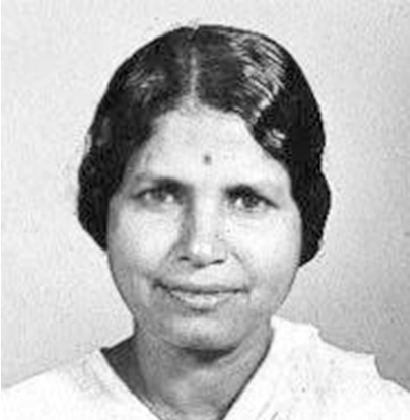
Mrs. Lakshmi Menon, India’s delegate to the Third Committee in 1948, argued forcefully in favour of non- discrimination based on sex and “the equal rights of men and women” in the in the Universal Declaration of Human Rights. A strong advocate of the “universality” of human rights, she argued that “if
women and people under colonial rule were not explicitly mentioned in the Universal Declaration, they would not be considered included in “everyone”.
Mrs. Vijaya Lakshmi Pandit had the distinction of being the first woman to be elected President of the United Nations General Assembly in 1953.
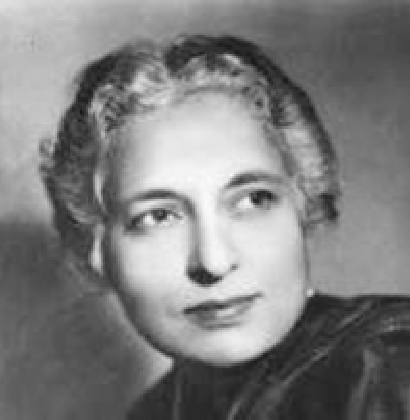
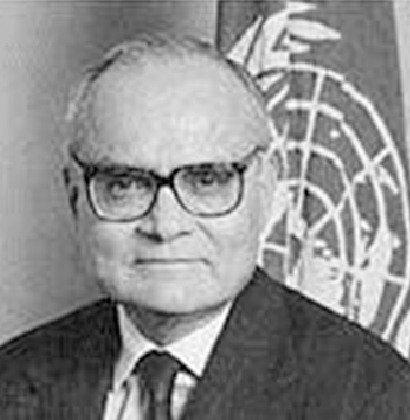
Mr. Chinmaya Rajaninath Gharekhan served as ECOSOC President in 1990. In January 1993 was appointed by the UN Secretary General as a special envoy to the Middle East peace process in the capacity of Under-Secretary-General of the United Nations, a position he held until 1999.
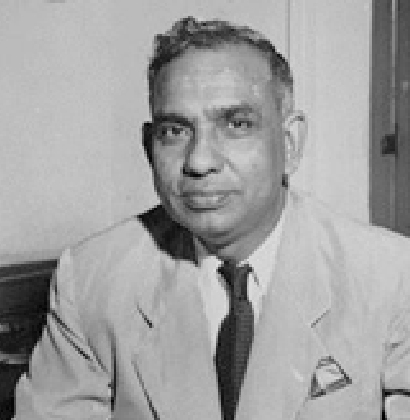
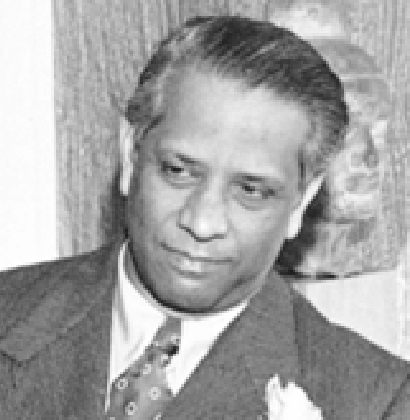
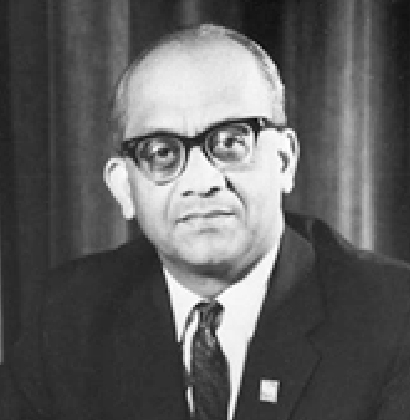
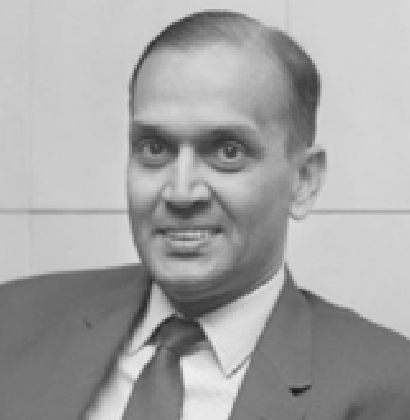
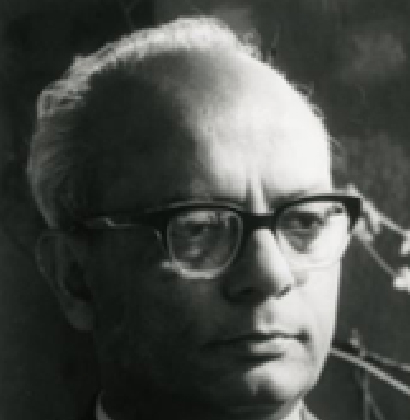
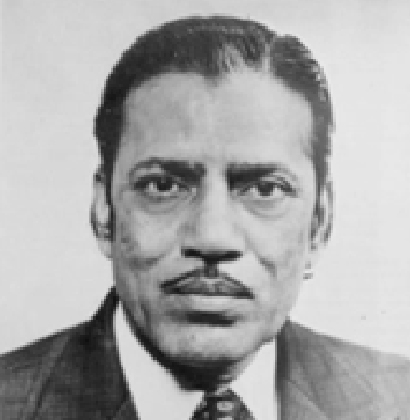
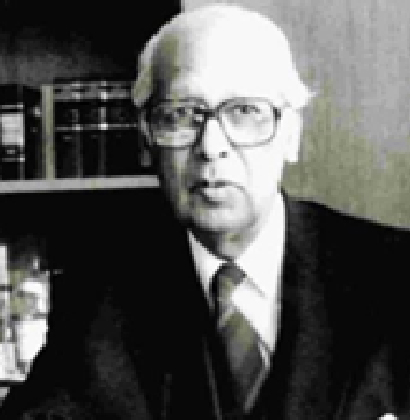
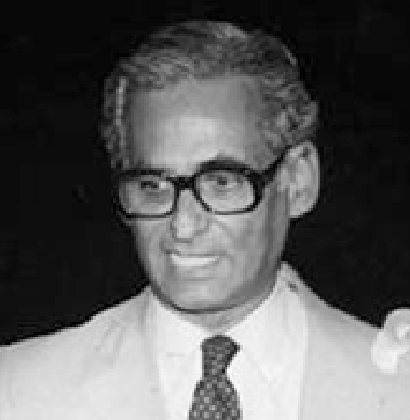
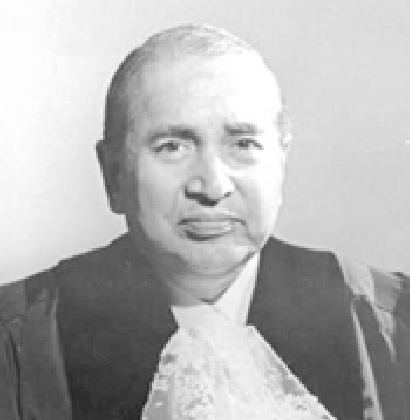
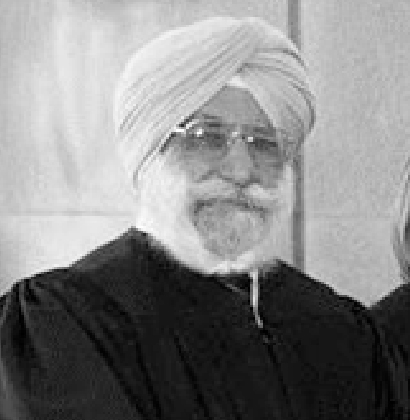
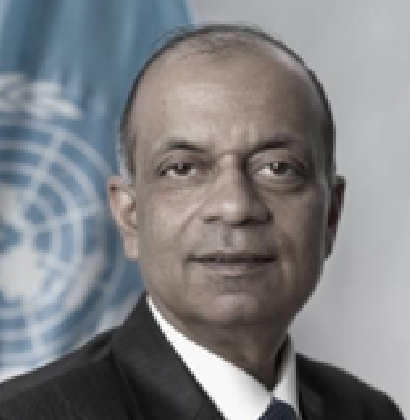
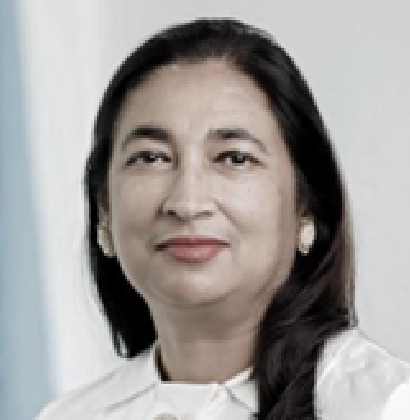
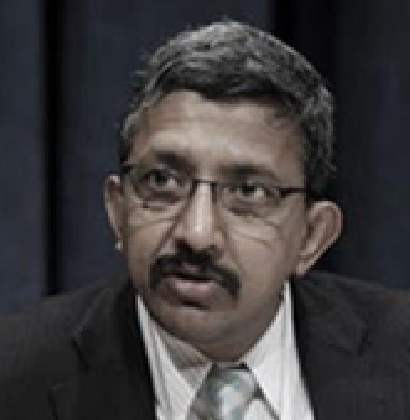
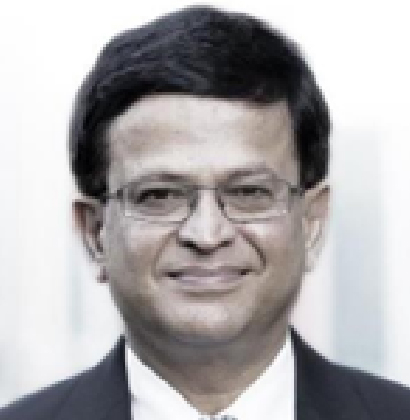
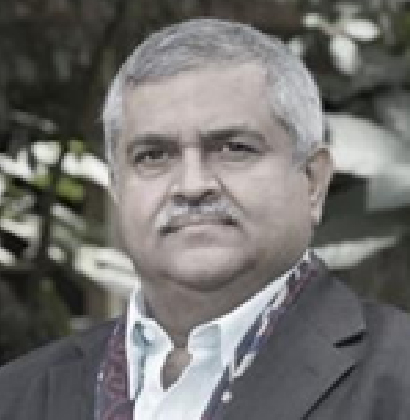
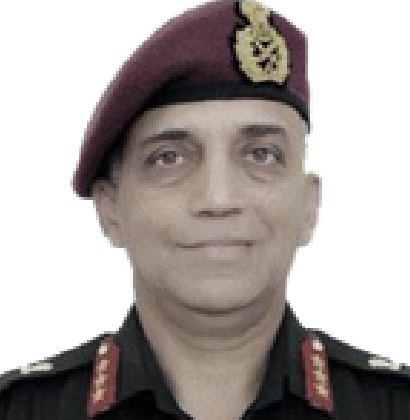
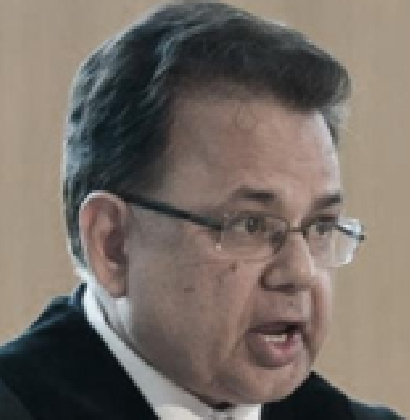
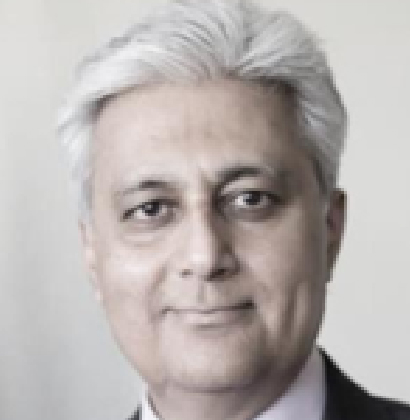
The year 2020 marks the 75th anniversary of the United Nations and its founding Charter. This anniversary comes in a time of great disruption for the world, compounded by an unprecedented global health crisis due to the COVID-19 pandemic, with severe economic and social impacts. Many of the planned modalities of the commemoration, agreed to by Member States in 2019, have had to be modified in view of the restrictions on international travel and in-person meetings, leading to virtual and hybrid-format events.
The UN marked the occasion with a High-Level Meeting of the 75th UN General Assembly on 21 September 2020 on the theme ‘The Future We Want, the UN We Need: Reaffirming our Collective Commitment to Multilateralism’. In his intervention, Prime Minister Shri Narendra Modi highlighted the need for a reformed multilateralism that reflects today’s realities, gives voice to all stakeholders, addresses contemporary challenges and focuses on human welfare. During this meeting, world leaders also adopted the UN@75 Political Declaration commemorating 75 years of the UN.
Other commemorative events included observance ceremonies to mark the 75th anniversary of the signing of the UN Charter (26 June 2020) and to mark the 75th UN Day (24 October 2020). A special UN@75 Virtual Youth Plenary was also organised on 9 September 2020.
The 75th session of the UN General Assembly opened on 15 September 2020, with Ambassador Volkan Bozkir of Turkey as President (PGA). Upon taking office, the new PGA emphasized that in his term, his priority areas will be:
The theme for the 75th UNGA General Debate was “The future we want, the United Nations we need: reaffirming our collective commitment to multilateralism – confronting COVID-19 through effective multilateral action”. Addressing the General Assembly (through per-recorded message) in the General Debate on 26 September 2020, Prime Minister Shri Narendra Modi said called for urgent reform of the United Nations and for inclusion of India’s voice in its decision-making structures. He also outlined India’s contribution to the global response to the COVID-19 pandemic, announcing that India will make available its vaccine production and delivery capacities to the rest of the world, in keeping with its philosophy of seeing the world as one family.
Other UN@75 initiatives: In January 2020, the United Nations also launched a “global conversation” to mark its 75th anniversary. Through ongoing surveys and informal dialogues with multiple stakeholders including civil society, youth and women, this initiative seeks to understand peoples’ expectations of international cooperation and of the UN in particular. It is also the largest survey to date on priorities for recovering from the COVID-19 pandemic. Early results from the survey indicate that amid the COVID-19 pandemic, the immediate priority of most respondents is is improved access to basic services, and increased support for tackling poverty, inequalities and boosting employment.
India has continued its successful run at the elections to various UN bodies. India has won several major elections in the last few years including elections to the Human Right Council (HRC), Economic and Social Council (ECOSOC), Ms. Jagjit Pavadia’s election to International Narcotics Control Board (INCB), Judge Dalveer Bhandari’s election to International Court of Justice (ICJ), Amb Preeti Saran’s election to Committee on Economic, Social and Cultural Rights (CESCR), Dr. Neeru Chadha’s election to International Tribunal for the Law of the Sea (ITLOS), Dr. Aniruddha Rajput’s election to International Law Commission (ILC), Amb. P. Gopinathan’s election to Joint Inspection Unit (JIU), among others.
Currently India is represented in the following 23 UN Bodies whose elections are held at United Nations headquarters in New York.
| 1. | United Nations Commission on International Trade Law (UNCITRAL) | 2016-2022 |
| 2. | International Seabed Authority (ISA) Council | 2017-2020 |
| 3. | Legal and Technical Commission of the ISA | 2017-2021 |
| 4. | Finance Committee of ISA | 2017-2021 |
| 5. | International Law Commission (ILC) – Dr. Aniruddha Rajput | 2017-2021 |
| 6. | Economic and Social Council (ECOSOC) | 2018-2020 |
| 7. | International Court of Justice (ICJ) – Judge Dalveer Bhandari | 2018-2026 |
| 8. | Joint Inspection Unit (JIU) – Amb. P. Gopinathan | 2018-2022 |
| 9. | Commission on Population and Development (CPD) | 2018-2021 |
| 10. | Commission for Social Development (CSocD) | 2018-2021 |
| 11. | Commission on Narcotic Drugs (CND) | 2018-2021 |
| 12. | Human Rights Council (HRC) | 2019-2021 |
| 13. | Committee on Economic, Social and Cultural Rights (CESCR)- Ambassador Preeti Saran | 2019-2022 |
| 14. | Committee on Non-Governmental Organizations (CNGO) | 2019-2022 |
| 15. | Executive Board of UNDP/UNFPA/UNOPS | 2019-2021 |
| 16. | Executive Board of UN-Women | 2019-2021 |
| 17. | Commission on Crime Prevention and Criminal Justice (CCPCJ) | 2019-2021 |
| 18. | Programme Coordination Committee of UN AIDS Executive Board | 2020-2022 |
| 19. | International Narcotics Control Board (INCB) – Ms. Jagjit Pavadia | 2020-2025 |
| 20. | Committee for Programme and Coordination (CPC) | 2021-23 |
| 21. | Commission on the Status of Women | 2021-25 |
| 22. | Commission on Population and Development | 2021-25 |
| 23. | Advisory Committee on Administrative and Budgetary Questions – Ms. Vidisha Maitra | 2021-23 |